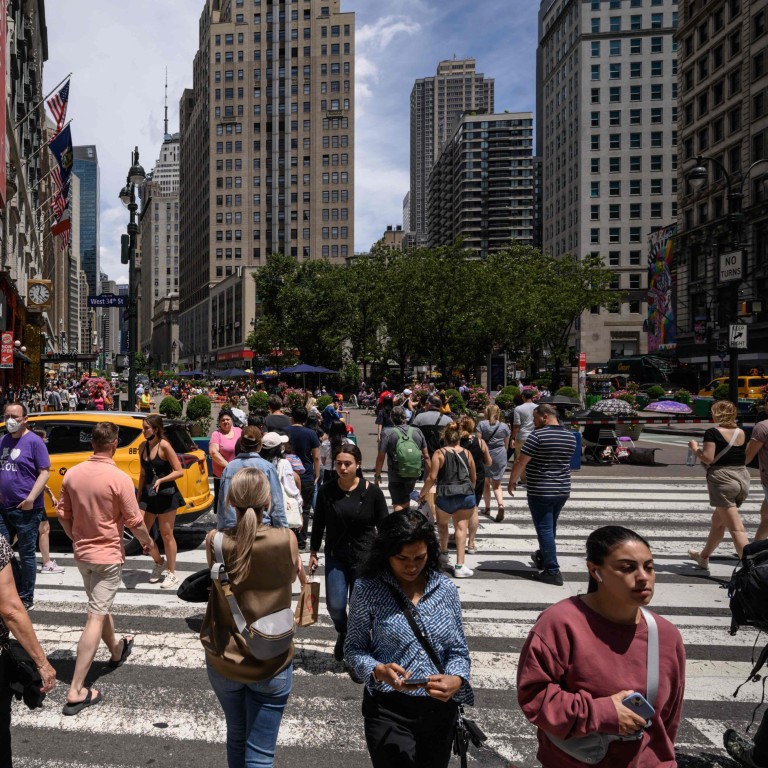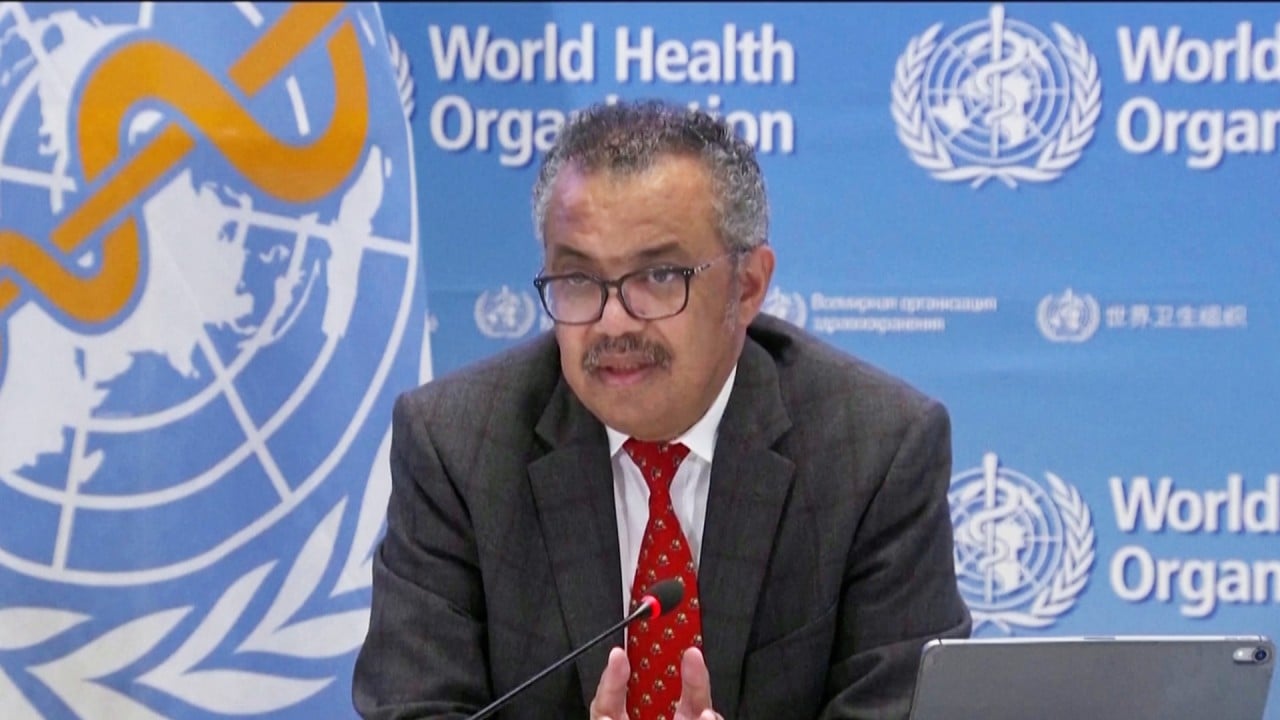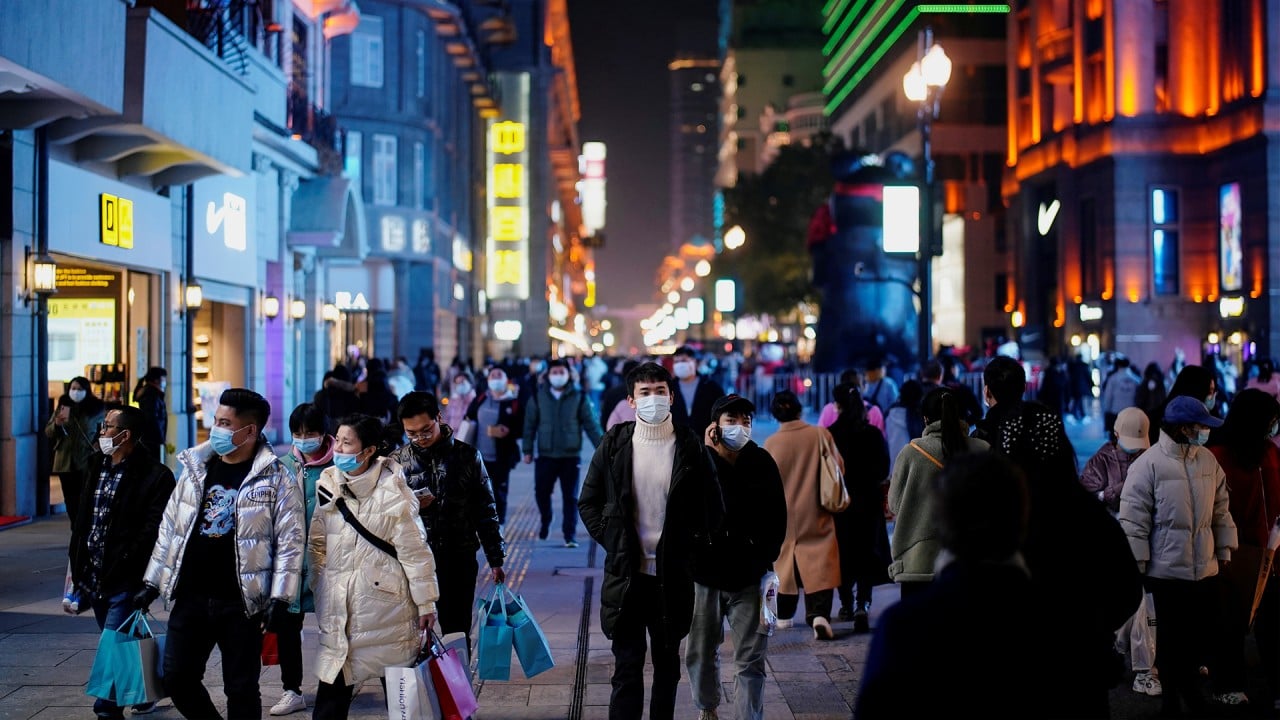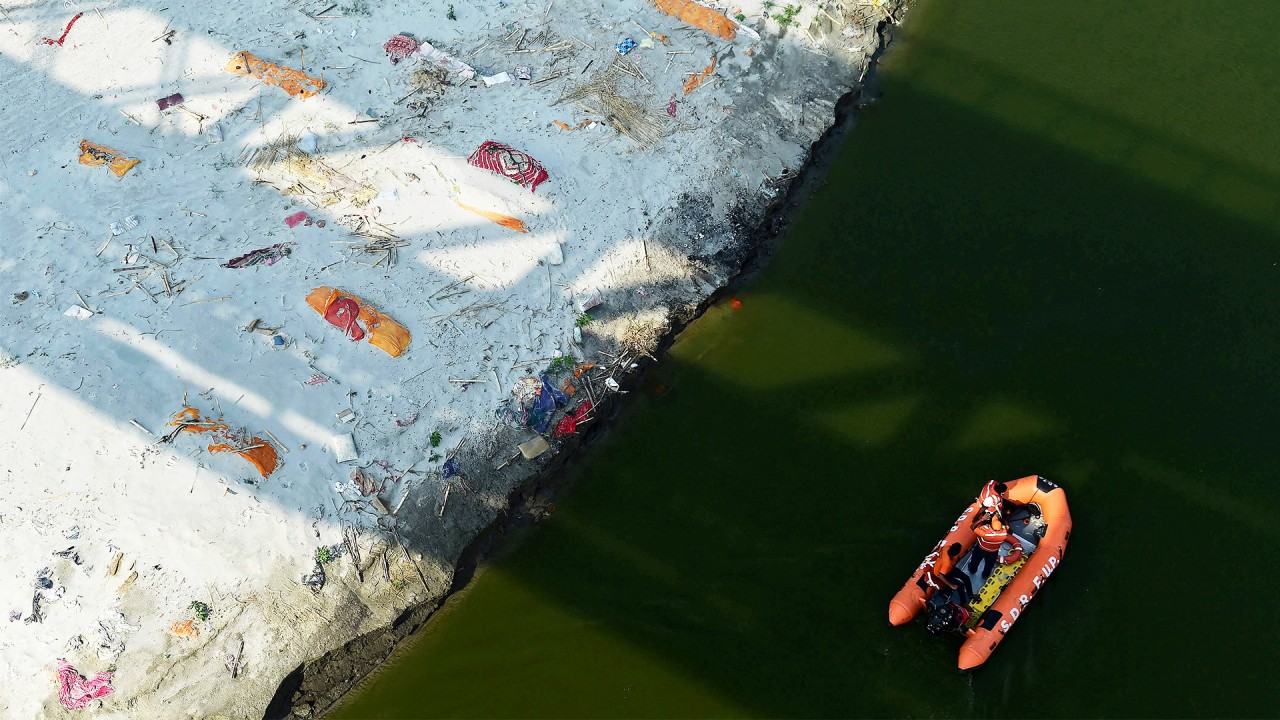
Coronavirus: which works better to handle a pandemic – democracy or autocracy?
- Global Democracy Perception Index found average satisfaction in Asian nations of governments’ Covid-19 handling was much higher than in Europe and Latin America
- Propaganda, censorship and lack of freedom are common issues in autocracies and were heightened during the pandemic
The initial response to tackle the pandemic saw governments resorting to draconian lockdowns, mass testing, mask mandates and long quarantines.
However in Asia, besides vaccination drives, economies continue to endorse stringent coronavirus rules, raising questions among policymakers, public health advocates and citizens about what kind of government system works better to handle pandemics.
This year’s Democracy Perception Index – a global survey highlighting attitudes towards government systems around the world – revealed that when it came to citizens’ perceptions of their governments’ handling of the coronavirus pandemic, the average satisfaction in Asia was significantly higher than in Europe and Latin America.
The index, conducted between March 30 and May 10, consisted of 52,785 responses from 53 countries around the world.
It highlighted that people living in free democracies were much less satisfied with their country’s Covid-19 response, with only 51 per cent saying their country was responding well.
According to Frederick DeVeaux, the lead researcher of the survey, these satisfaction levels mirrored Covid-19 death rates.
“Even though many Asian countries continue to grapple under mask mandates and lockdowns, their citizen’s satisfaction levels are still higher because they associate it to the low death rates and think their governments have done a better job compared to Europe and the US, where Covid death rates are still higher,” he said.
“But it’s hard to know if this is because of autocratic or democratic responses,” he added.
How much is China’s ‘zero-Covid’ policy cutting economic potential?
Nancy Qian, a professor of managerial economics and decision sciences at Northwestern University’s Kellogg School of Management and director of China Lab, shared a similar view and also highlighted that there was no divide between democracies and autocracies when it came to handling the pandemic.
“Japan and South Korea are democratic. China and Singapore, less so. Throughout the world people have judged their government’s management of the pandemic based on low infection and death rates and high economic performance,” she said.
What influences perceptions of government performance?
A 2020 report by global policy organisation Carnegie Endowment for International Peace highlighted that more than the type of political system, the manner in which governments exercised their legitimacy when the pandemic began, had a stronger impact on how citizens judged their government’s performance.
“In typical authoritarian fashion, Iran and China both hid the extent of the crisis from the world and their own publics,” wrote Rachel Kleinfeld, the author of the report.
“Yet in authoritarian Singapore, the prime minister’s excellent risk communication and transparency have been credited with quickly stopping people from hoarding goods by letting them know what to expect,” she added.
Kleinfeld also explained how in democracies such as the US, the health crisis was initially politicised, to possibly avoid mortality numbers that would be politically damaging in an election year.
“When the pandemic hit, the government made people believe that the pandemic was ‘equally bad’ in Italy or UK and had nothing to do with government mishandling,” she said.
“But having worked in government healthcare facilities in the country, I can assure you that the pandemic was not the first time the average Indian patient lost their life or their loved ones because of inaccessible or unaffordable healthcare. They have never really been guaranteed good healthcare,” she said.
Government propaganda, censorship and lack of freedom are common issues in autocracies and were heightened during the pandemic, according to democracy analysis foundation Bertelsmann Transformation Index (BTI).
A recent survey carried out by BTI found there are 70 autocracies around the world that “used the pandemic to further limit fundamental rights and suppress critical voices”.
What lessons can be learned from China, Western Australia pandemic models
But Qian said that with the pandemic, fear of the government does not always influence citizens’ perceptions because in some countries, abiding by rules in the name of public health, is a “historical habit”.
“In East Asia particularly, even before Covid, it was common etiquette to wear a face mask if you had a cold so that you don’t spread it to other people. Similarly, in places with high air pollution, such as parts of China, it’s common practice to wear a mask to protect yourself from the environment. So there is a general habit of doing things for the sake of public health,” she said.
Going forward, what is better?
While the pandemic hasn’t entirely left the world, with cases continuing to surge, Biswal said a democratic model would allow citizens to hold governments accountable, in turn helping refine future public health policies.
But for Qian, it is not always easy to determine what kind of regime works better.
“Autocratic regimes are much better at mass mobilisation for the common good which was clearly seen during the early stages of the pandemic when China did a better job. But the Chinese economy has also been open to change. The 2002-2004 Sars outbreak revealed this, where a huge movement within the country to improve the public health system, changed the ‘one size fits all inflexible policy’,” she said.
“Beijing began to embrace a deliberative policymaking process which resulted in the creation of a flexible and popular national health insurance programme. So autocracies can be flexible if they want to,” she added.




